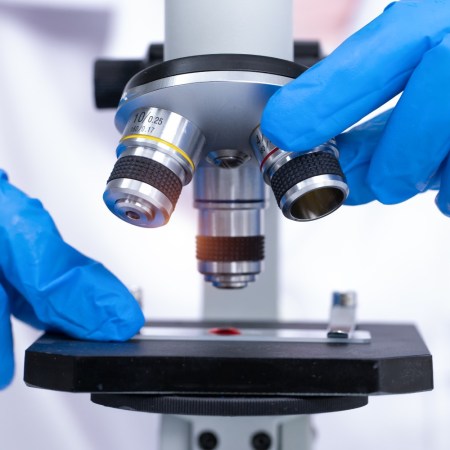Researchers at Queen Mary University of London have said that a new blood test designed to spot aggressive prostate cancer could be available in three to five years and save men from enduring countless invasive biopsies.
As The Independent notes, the current test, which looks for elevated levels of a protein called PSA (prostate specific antigen) is “not highly accurate” and requires a tissue biopsy of the prostate gland as a follow-up to determine whether or not a patient actually has prostate cancer. The procedure is invasive, but three-quarters of patients who get biopsied wind up not having the disease.
The new blood test, which is called Parsortix and said to have 90 percent accuracy, detects circulating tumor cells (CTCs) that have entered the bloodstream. Researchers believe it will be more accurate than looking for PSA, which can be present in the blood for reasons besides cancer.
“The current prostate cancer test often leads to unnecessary invasive biopsies and over-diagnosis and over-treatment of many men, causing significant harm to patients and a waste of valuable healthcare resources,” lead researcher Professor Yong-Jie Lu said. “There is clearly a need for better selection of patients to undergo the biopsy procedure. Testing for circulating tumor cells is efficient, non-invasive and potentially accurate, and we’ve now demonstrated its potential to improve the current standard of care.”
Editor’s Note: RealClearLife, a news and lifestyle publisher, is now a part of InsideHook. Together, we’ll be covering current events, pop culture, sports, travel, health and the world. Subscribe here for our free daily newsletter.
Whether you’re looking to get into shape, or just get out of a funk, The Charge has got you covered. Sign up for our new wellness newsletter today.


















